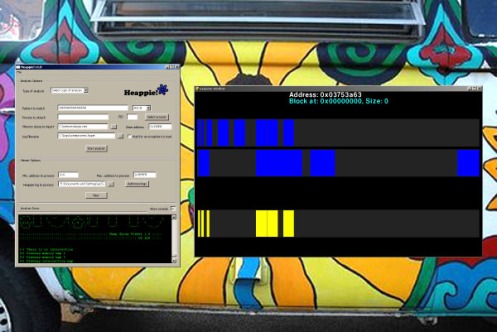Hi folks!
I just built Python wheels for the latest version of SQLAlchemy (1.05 at the time I wrote this). This should make it a whole lot easier to install on Windows since no compiling is required. They’re only available for the latest versions of Python (2.7.10 and 2.6.6) since it appears to be impossible to make multiple minor versions of Python coexist. I did manage to install both 32 and 64 bit versions though. On Cygwin, only Python 2.7.10 is available (I don’t think it’s possible to install Python 2.6 there, at least not using the package manager), but at least I could produce builds for 32 and 64 bits as well.
I skipped Python 2.5 entirely since pip doesn’t work there, so I assume it’s not meant to be possible. If you happen to know how to make Python wheels work on it, let me know!
I also skipped Python 3.x, but that’s just because I hate it. I don’t even know if SQLAlchemy works there and quite frankly I don’t care. 😛
Enjoy! 🙂









